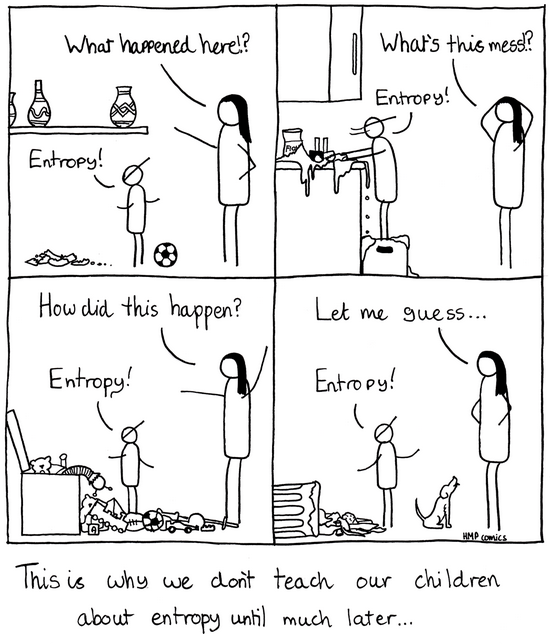I gave a talk on Saturday for ChicagoLand PMI about why knowledge workers needed to develop strategies and the supporting habits and practices to manage and develop their know how across organizations and across time. If you’re interested you can find a copy of my slides on Slideshare.
Knowledge management as buzzword and practice originated in solving organizational problems. That’s where the big, obvious, problems are as well as the budgets. But the roots of the problem lie in the changing nature of work and careers at the individual level.
My father worked for three organizations in his career; I’ve worked for twenty so far and the number is likely to climb. Some might argue that this reflects either a severe case of ADD or a general inability to hold a job. Regardless, the trend is real; knowledge workers will work for more organizations and have shorter tenures at each. Organizations worry about the knowledge retention problems this creates; I’m more interested in the knowledge management problems it creates for individuals. I am aware of a handful of people who are also thinking about this; Harold Jarche, Luis Suarez. If you know of others, I would love to hear about it.Â
The nub of my concern is this. You cannot rely on your memory and the experience it encodes. You also can no longer rely on having access to the institutional memory and artifacts of any one organization to supplement your limited human capabilities. You ought to be thinking about and planning for how you will accumulate knowledge and expertise over time. What personal infrastructure should you be building that can travel with you? How should you adapt your work habits and practices to simultaneously deliver value to your organization and enhance the value of your personal knowledge base? What new practices and skills do you need to add to your repertoire?






